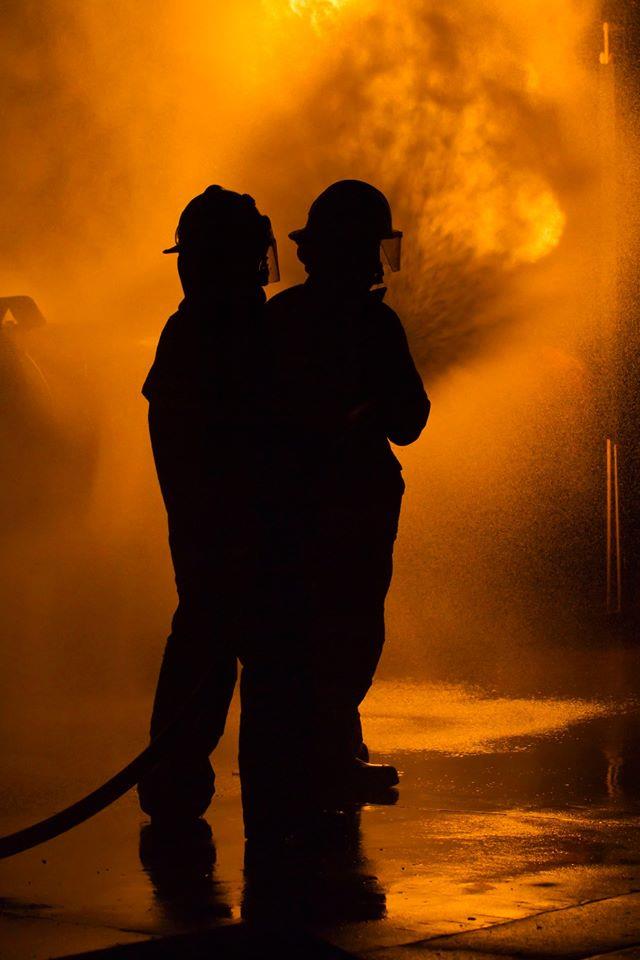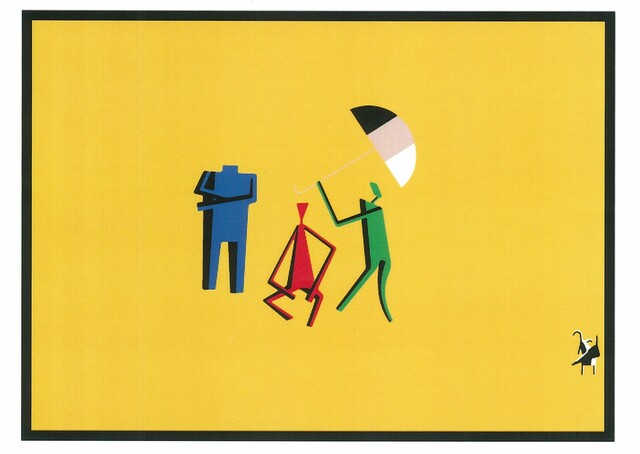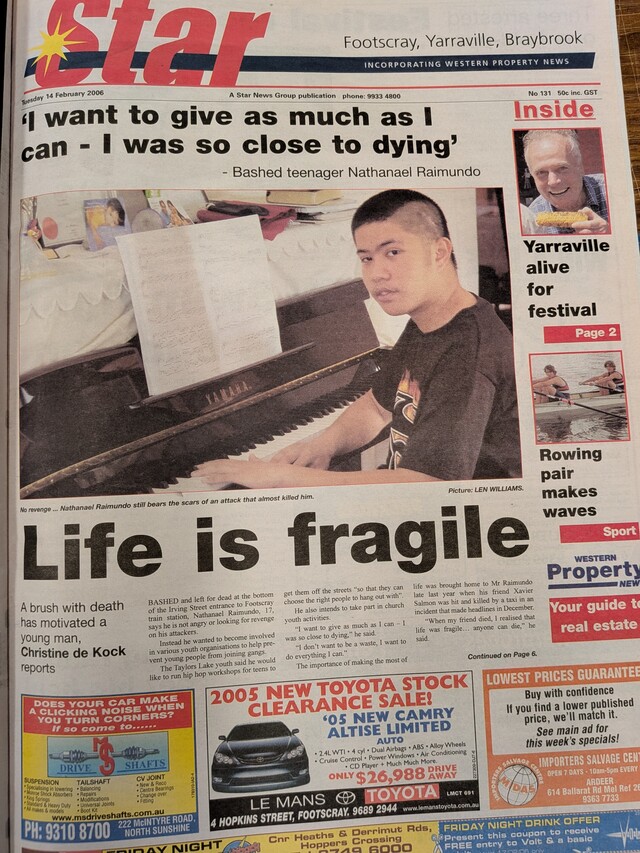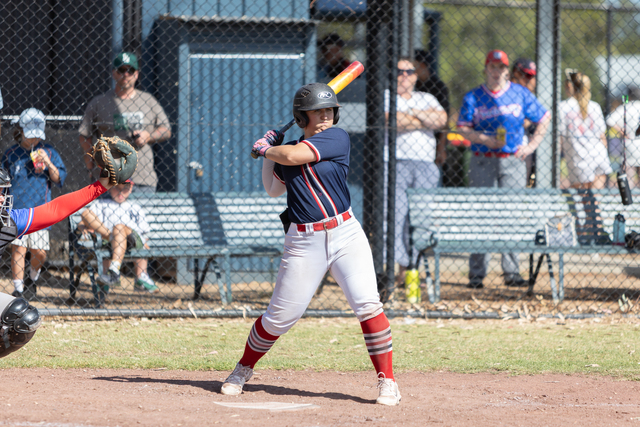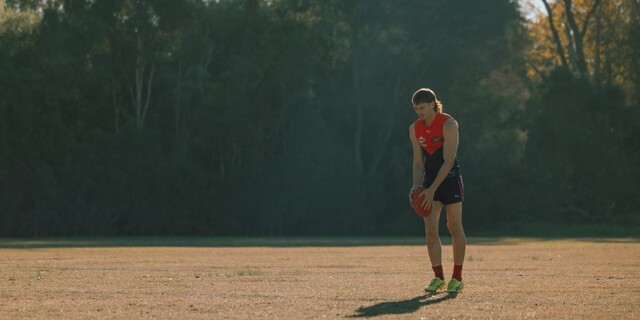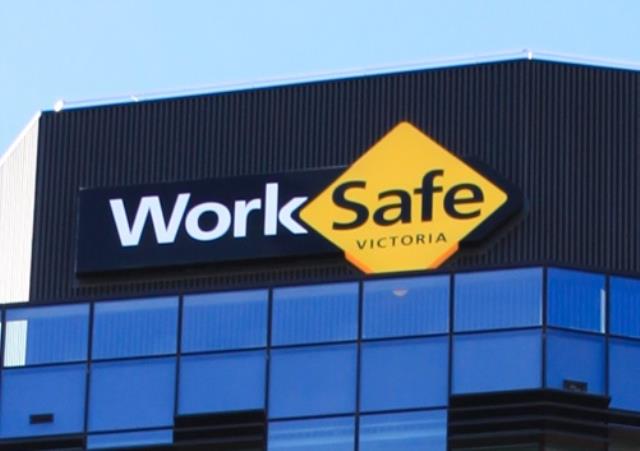Melton police have denied that the area is turning into a ‘ghetto’ amid reports guns are being discovered in cars every two days in the north-west metro region.
Police Association figures released last week revealed officers in the north-west responded to firearm-related incidents, such as drive-by shootings, every six days, and there was an increasing trend of children as young as 16 carrying guns.
But Detective Senior Sergeant Jenks, of the crime investigation unit, denied there was a “gun culture” in Melton. “We don’t find a gun every two days here in Melton, not even once a week – wouldn’t even be once a month,” he said.
“We’ve got to remember that north-west metro encompasses Williamstown, out to Melton, out to Sunbury, Craigieburn and Diamond Creek. It even includes parts of the Melbourne CBD, so it’s a huge area.”
Detective Senior Sergeant Jenks urged anyone with information about people carrying guns without a licence to call Crime Stoppers on 1800 333 000.
The latest Crime Statistics Agency figures revealed that in the 12 months to April, weapons and explosives-related offences jumped by about 25 per cent to 359.
Detective Senior Sergeant Jenks said many of these offences were more likely to be related to carrying knives, as opposed to guns or explosives. “The increase in those numbers relates to the changes around legislation about what knives can be carried in public – and increased police detection.”
In 2011, the state government banned anyone under 18 carrying any type of knife, including those used for school or work.
Offenders face a $239 on-the-spot fine or could face court and be fined more than $1400.
Police say they are detecting increasing numbers of young people carrying knives who allege they are for “personal protection”.
But Detective Senior Sergeant Jenks deemed the excuse implausible and said there was no reason for anyone to fear their safety on the streets. “Knives are things that escalate a situation; if someone happens to be armed then that’s when things get out of control.”
He attributed the 28 per cent rise in cases of drug possession to increased police operations and presence. “The increased detection [of drugs] is also a consequence of targeting other offences.”


